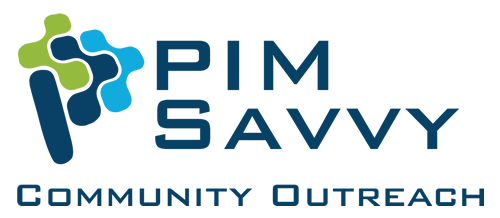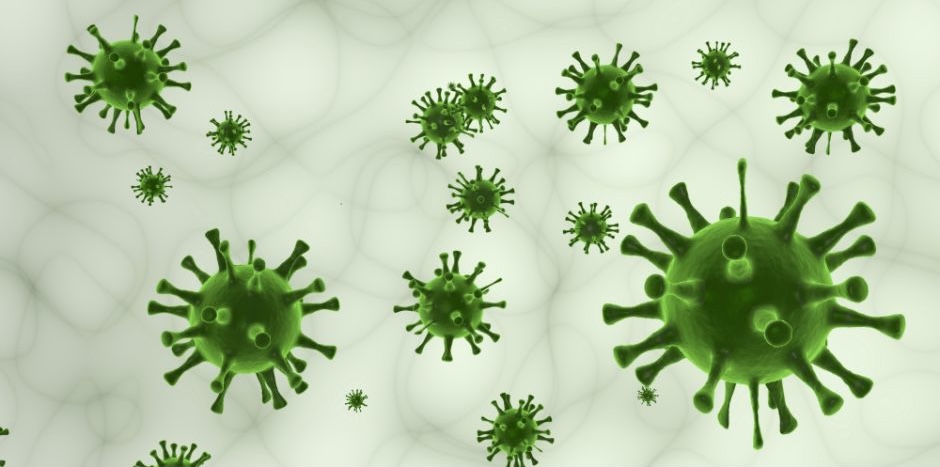Testing for COVID-19 can be scary when there are a lot of unknowns. Fortunately, the Washington State Department of Health (DOH) and Centers for Disease Control and Prevention (CDC) break down everything you need to know about COVID-19 testing. This blog will explain why people should test for COVID-19, when to test for COVID-19, where to get COVID-19 tests and more.
Why test for COVID-19?
The DOH states COVID-19 testing is extremely important because “testing saves lives. Testing allows people to take precautions, like isolating, in a timely manner to stop the virus from spreading and seeking treatment to prevent severe illness. Infected people without symptoms can still spread the virus. Testing also helps public health officials identify and respond to outbreaks, and to track new variants of the virus.”
Types of COVID-19 tests
There are two main types of viral tests currently available, Polymerase Chain Reaction (PCR) tests and Antigen tests. Viral tests look for a current infection with SARS-CoV-2, the virus that causes COVID-19, by testing specimens from your nose or mouth. All tests should be performed following the Food and Drug Administration’s (FDA) requirements.
- PCR tests are a type of nucleic acid amplification test (NAAT), which are more likely to detect the COVID-19 virus than antigen tests. Your sample will usually be taken by a healthcare provider and transported to a laboratory for testing. It may take up to 3 days to receive results.
- Antigen tests are rapid tests that usually produce results in 15-30 minutes. Self-tests or at-home tests are antigen tests that can be taken anywhere without having to go to a specific testing site.
When to test for COVID-19?
People should take a COVID-19 test when they feel sick and have symptoms associated with COVID-19 or when they’ve been exposed to someone who tested positive for COVID-19. According to DOH, anyone can get tested for COVID-19, no matter their age.
The CDC advises the following if you have COVID-19 symptoms:
- If you are only going to take a single test, a PCR test will provide a more reliable negative test result.
- If you use an antigen test, a positive result is reliable, but a negative test is not always accurate.
- If your antigen test is negative, take another antigen test after 48 hours or take a PCR test as soon as you can.
*Note: If you do not have symptoms but have been exposed to COVID-19, wait at least 5 full days after your exposure before taking a test.
Where to get at home COVID-19 tests
People have several options to obtain at home COVID-19 tests
- At-home COVID-19 tests can be purchased at local retailers and pharmacies. Medicaid insurance will reimburse customers through September 2024.
- Visit a DOH testing kiosk. These kiosks will provide free COVID-19 and flu tests and can be located throughout Washington State. Visit Testing Kiosks | Washington State Department of Health to find a testing kiosk near you.
- Visit a testandgo kiosk.
People can also go to a testing location to test for COVID-19. If you need help finding a testing site near you, visit Increasing Community Access to Testing (ICATT) for COVID-19 (cdc.gov) or check with your local health department or district (webpage is in English only). You may also call the DOH information line at 1-800-525-0127. Language assistance is available.
Positive COVID-19 test results
If you test for COVID-19 and the results are positive, it means the virus was detected and you have or recently had an infection. The DOH and CDC recommend isolating and taking precautions, including wearing a high-quality mask or respirator, to protect others around you from getting infected. Follow the DOH’s updated guidance found here.
Negative COVID-19 test results
If you test for COVID-19 and the results are negative, it means the test did not detect the virus. However, this doesn’t rule out that you could have an infection. If you used an antigen test, follow FDA recommendations for repeat testing.
If you still have questions or need more information about COVID-19 test, please visit:
Testing for COVID-19 Frequently Asked Questions | Washington State Department of Health
Testing for COVID-19 | Washington State Department of Health
COVID-19 Testing: What You Need to Know | CDC
This article is made possible in part by the Washington State Department of Health through a grant from the Centers for Disease Control and Prevention.
Resources
Testing for COVID-19 | Washington State Department of Health
Testing for COVID-19 Frequently Asked Questions | Washington State Department of Health
COVID-19 Testing: What You Need to Know | CDC

